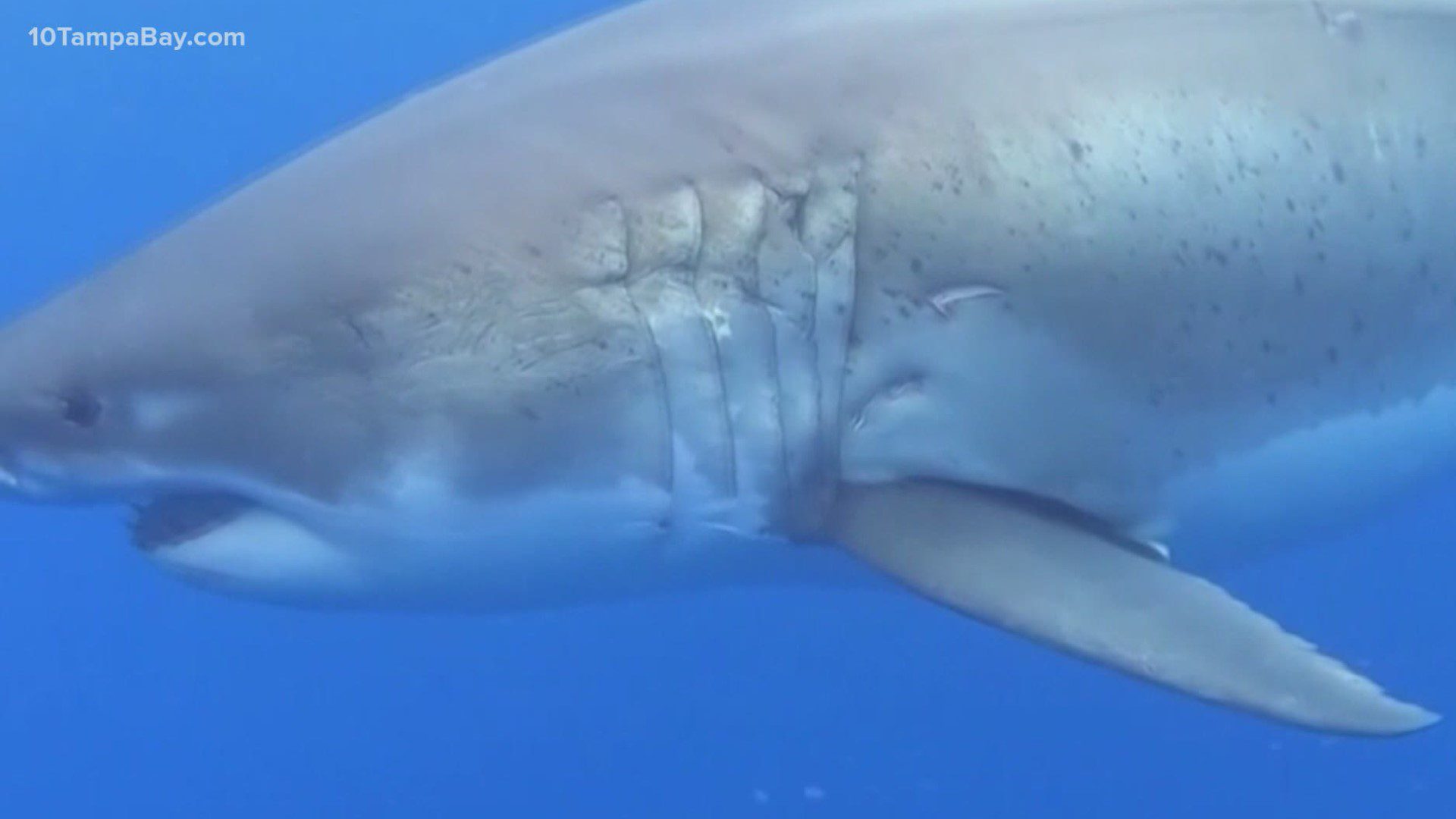Sharks are fascinating creatures that have been misunderstood and portrayed as ferocious predators for years. However, the reality is different. Through dispelling some of the most common misconceptions about sharks, we can appreciate the significance of these creatures in our ecosystem. Sharks are not all large and enormous, have predators, are not bloodthirsty, can live in freshwater, and have well-developed brains indicating learning, problem-solving, and social behavior. Additionally, shark attacks are rare, and not all sharks are dangerous to humans. Learning about these and other misconceptions can help people understand sharks and their importance in marine ecosystems, which can result in better appreciation and protection of these fascinating creatures.
10 Common Misconceptions About Sharks
Sharks have been given a terrible reputation over the years, portraying them as ferocious predators that are out to attack humans. However, many of these beliefs are simply misconceptions. The reality is that sharks are fascinating creatures that play an important role in our ecosystem. In this article, we will debunk ten of the most common misconceptions about sharks.
1. Sharks are ferocious and bloodthirsty
One of the most significant misconceptions about sharks is that they are ferocious and are always hunting for their next meal. This is far from the truth as sharks are generally peaceful creatures that only attack humans in specific situations such as mistaken identity or self-defense.
2. Sharks can smell blood from miles away
While it is true that sharks have an extraordinary sense of smell, they can’t smell blood from miles away. In fact, their sense of smell is highly attuned, but they need to be in close proximity to the source to detect it.
3. Sharks only live in the ocean
Another misconception about sharks is that they can only be found in the ocean. However, certain species can also live in freshwater rivers and lakes. The Bull shark, for example, is known for its ability to move between saltwater and freshwater.
4. Sharks have no predators
Contrary to popular belief, sharks do have predators. Large sharks such as the Great White, have been known to prey on smaller sharks. Other animals such as Killer whales and crocodiles have also been known to attack sharks.
5. Sharks are all large and enormous
One of the most significant misconceptions about sharks is that they are all enormous creatures. However, there are more than 500 species of sharks, and many of them are tiny, measuring just a few inches in length.
6. Sharks are not intelligent
Another commonly held belief is that sharks are not intelligent creatures. This is far from the truth as sharks have a well-developed brain and exhibit signs of learning, problem-solving, and even social behavior.
7. Shark attacks are common
While shark attacks do happen, they are quite rare. In reality, humans have a higher chance of being struck by lightning or drowning in the ocean than being attacked by a shark.
8. Sharks will eat anything
Contrary to popular belief, sharks are not indiscriminate eaters. They have specific preferences for certain types of prey, and their diet varies depending on the species of shark and its habitat.
9. Sharks need to keep swimming to survive
Another common misconception about sharks is that they need to keep swimming constantly to stay alive. While some species do need to swim to breathe, others such as Nurse sharks can rest on the ocean floor for extended periods.
10. All sharks are dangerous to humans
Finally, it is essential to note that not all sharks are dangerous to humans. While certain species such as the Great White, Tiger, and Bull sharks have a reputation for being aggressive, many other species pose no threat.
In conclusion, it is clear that there are many misconceptions surrounding sharks. While it is understandable that people may fear these creatures, it is important to remember that they play an essential role in our ocean ecosystems. By educating ourselves and dispelling these myths, we can learn to appreciate and protect these fascinating creatures.
